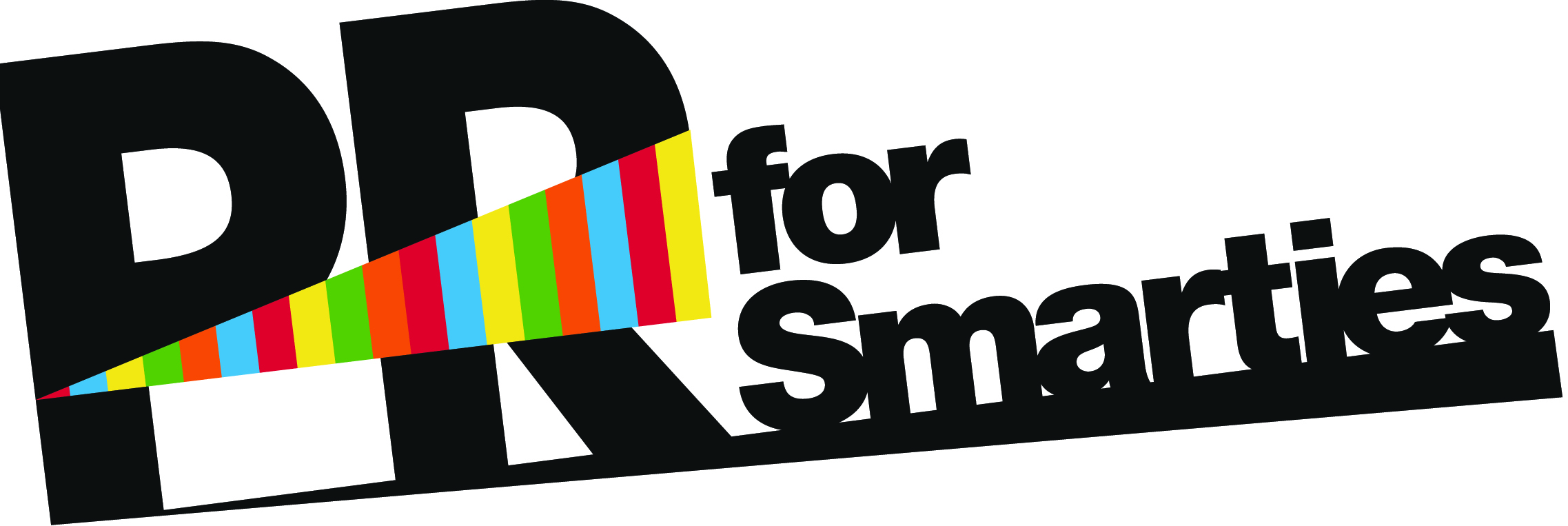My buddy Leonard at the Clyde Fitch Report turned me on to Arts Journal’s plea to kill off the press release. I’ve been reading these sort of manifestos for a few years now, but usually the press release death rattle is coming from the tech sector.
Anyway, while I agree with him in theory, the practice is something entirely different.
Sometimes I pitch without a press release. Often it’s not approved by the client yet and I want to move forward on the pitching. You know what happens?
“Oh that sounds interesting. Can you send me the press release?”
And yes, this is with all those Ws (who, what, when, etc) covered in the pitch.
This happens from large media organizations to tiny little blogs.
Perhaps it’s because my press releases are that good?


We are rather lazy, aren’t we? I know what I’m looking for in a press release, so it consequently doesn’t really matter what format the publicist sending it uses. And as long as they’re only coming electronically, then it’s not like it’s wasting any resources: the publicist is (hopefully) paid to write it, and the editor is (hopefully) paid to assess and assign the event.
Besides, you never really know what’s going to sell an individual critic. (We’re like snowflakes, read that as you will.) It’s better to err on the side of extra information, especially since the inverted pyramid (emphasis up front, expanding details trailing off onto the following pages) tends to be used. I’ve found myself swayed to shows that didn’t sound initially interesting because of the actors involved.
Oh Aaron! I wouldn’t say you’re lazy!
Sometimes I just think that complaining about press releases is just one more way for some journos to slag off on the PR kids. I have more thoughts on the Arts Journal post which I will share in a separate post, when not feeling so cranky!
Here’s something I find fascinating on the press release front is the LACK of info found in film press releases. A short synopsis, release date, mention of release being nation wide or select cities, and that’s it. No mention of stars… Pretty much what the AJ writer likes. But I have found that films generally don’t need to say much to sway journos to cover.
If you have an under-the-radar project, you need a little more meat to go with the potatoes. (Can you tell I am starving?)
Karen, I’m wondering if the disconnect comes from the difference between ‘pitch’ and ‘press release.’
Most press releases I see aren’t a pitch. They’re just a rundown of the W’s. And not particularly interesting.
A ‘pitch’ on the other hand needs to be focused on the reader and why this event is relevant to their readers.
So should they both be together or separate? Or does it just matter on the relationship you have with the person receiving the release?
Hey Dave–GREAT question… The purpose of the release is definitely to cover the Ws, since that is really important info!
How ever, I try to treat each press release as a sort of pitch, but it’s not a targeted pitch it’s much more blanket. So I, of course, have the show description, but I also try to include anything else that may pique a journalist’s interest. Clearly, this is not exactly easy for every single project. Some are just more press friendly than others.
That said, I still do individual pitching and outreach as well. Publications take different angles and it’s best to pitch in a way that makes sense to their readers.
In terms of the relationship… That’s tricky and (here’s a dirty little secret) I think it’s more of a myth than anything else. I have great relationships with a lot of press, and frankly they are just as likely to not cover my shows are they are to cover them.
Best way to get your calls/emails returned? Be professional, be on target, be respectful and be honest.